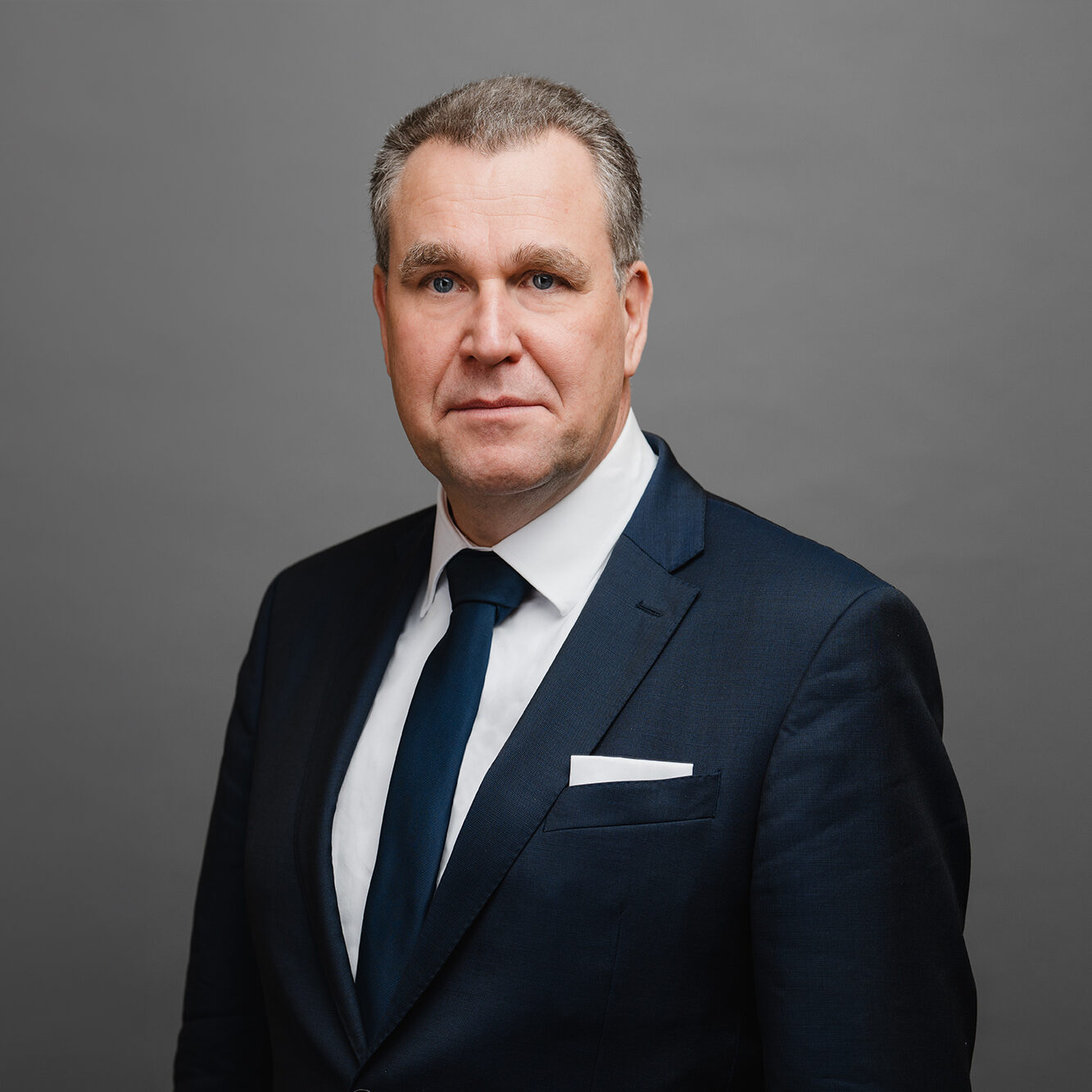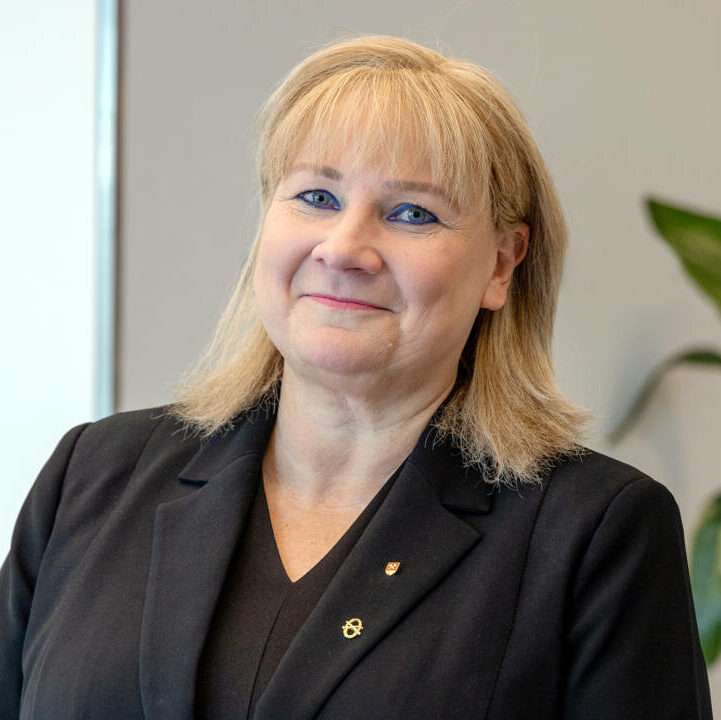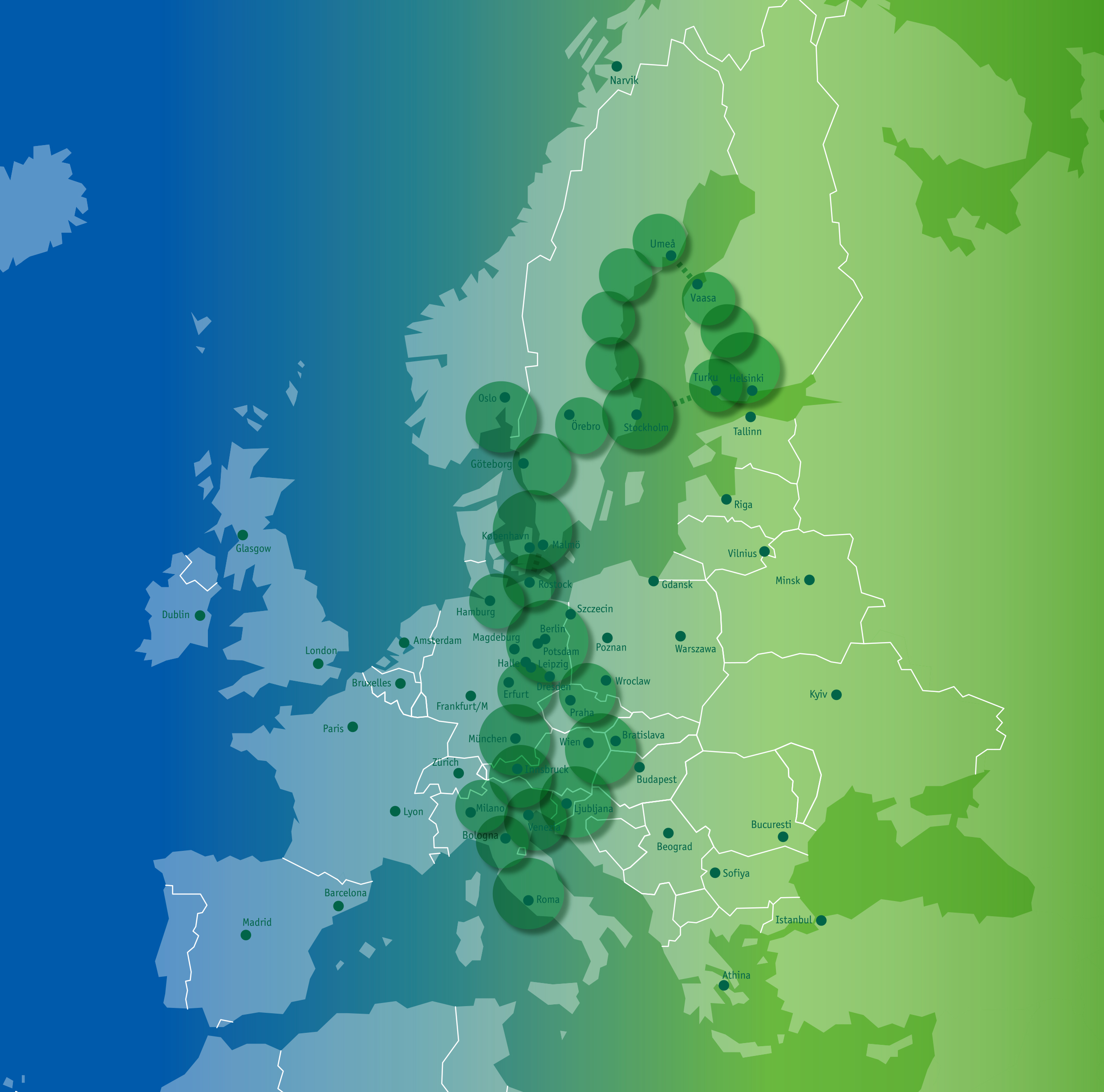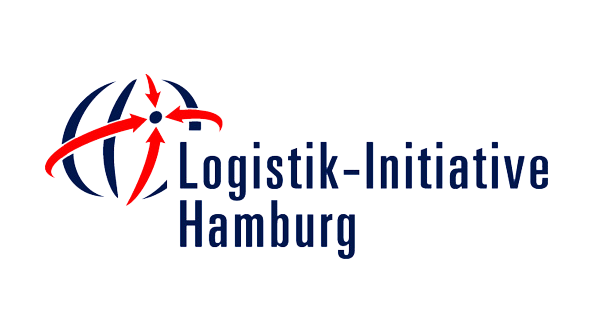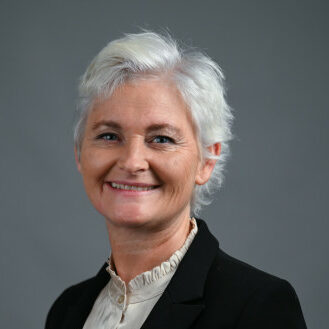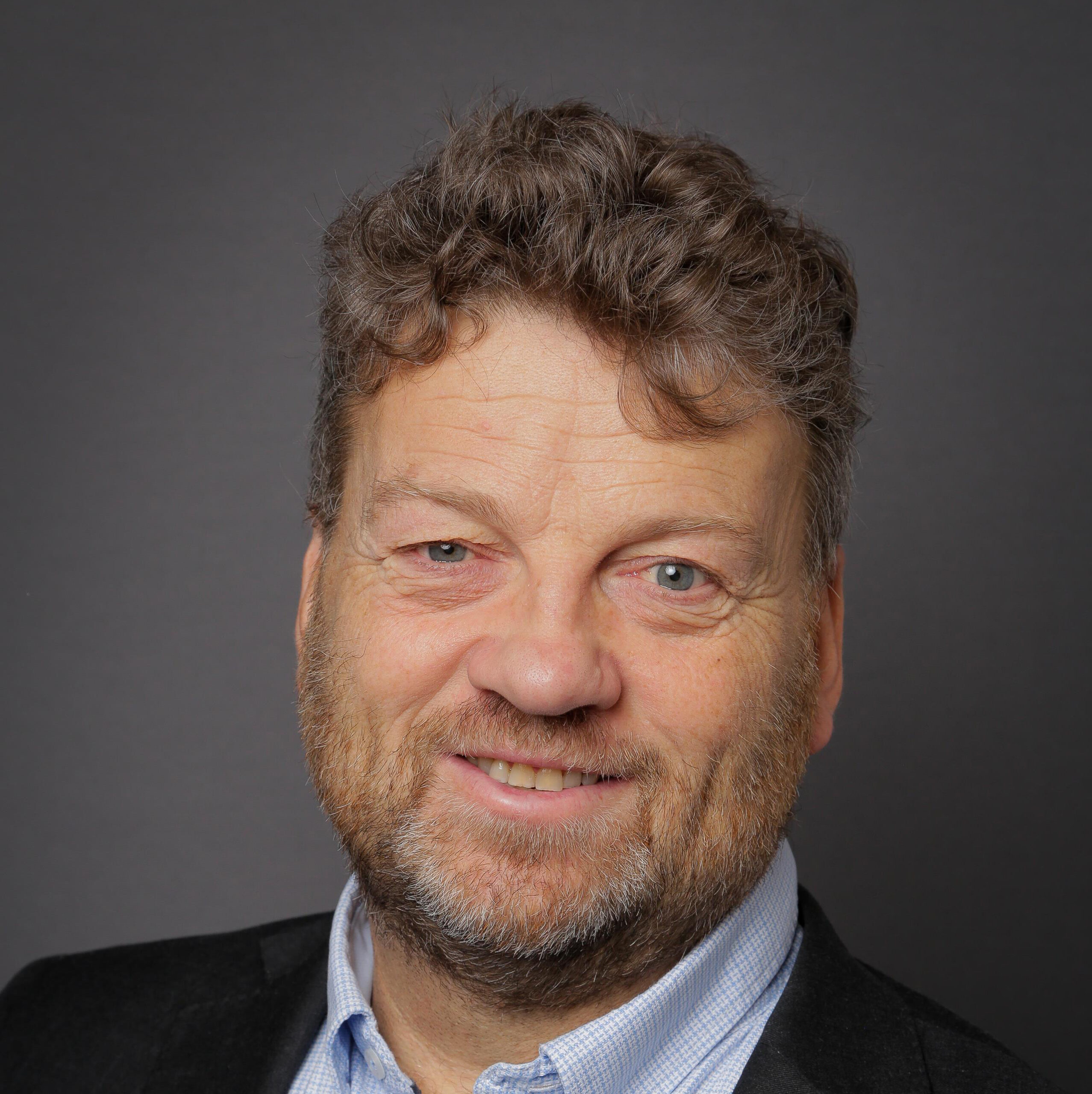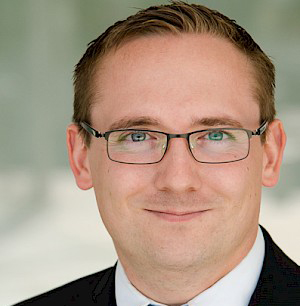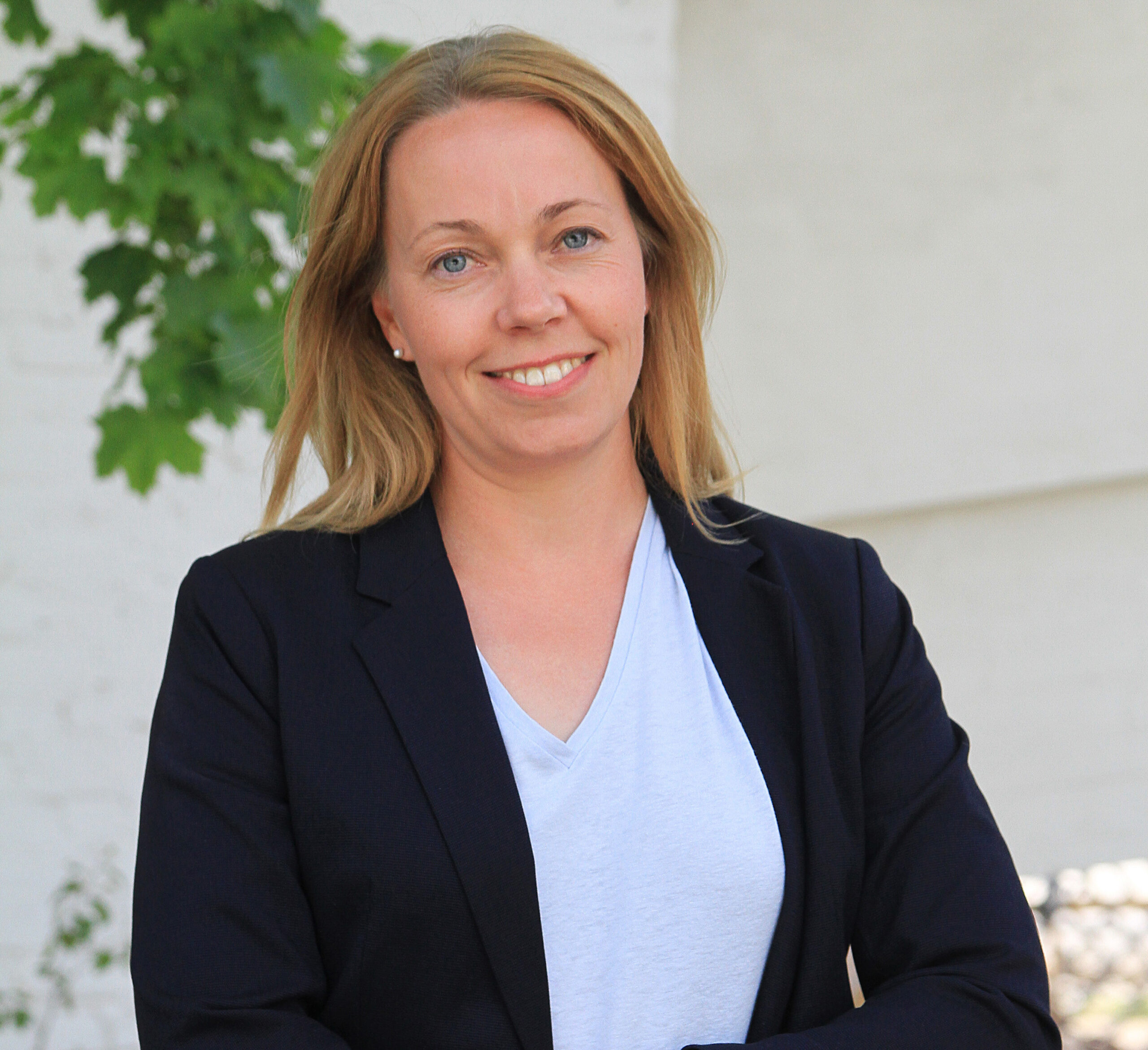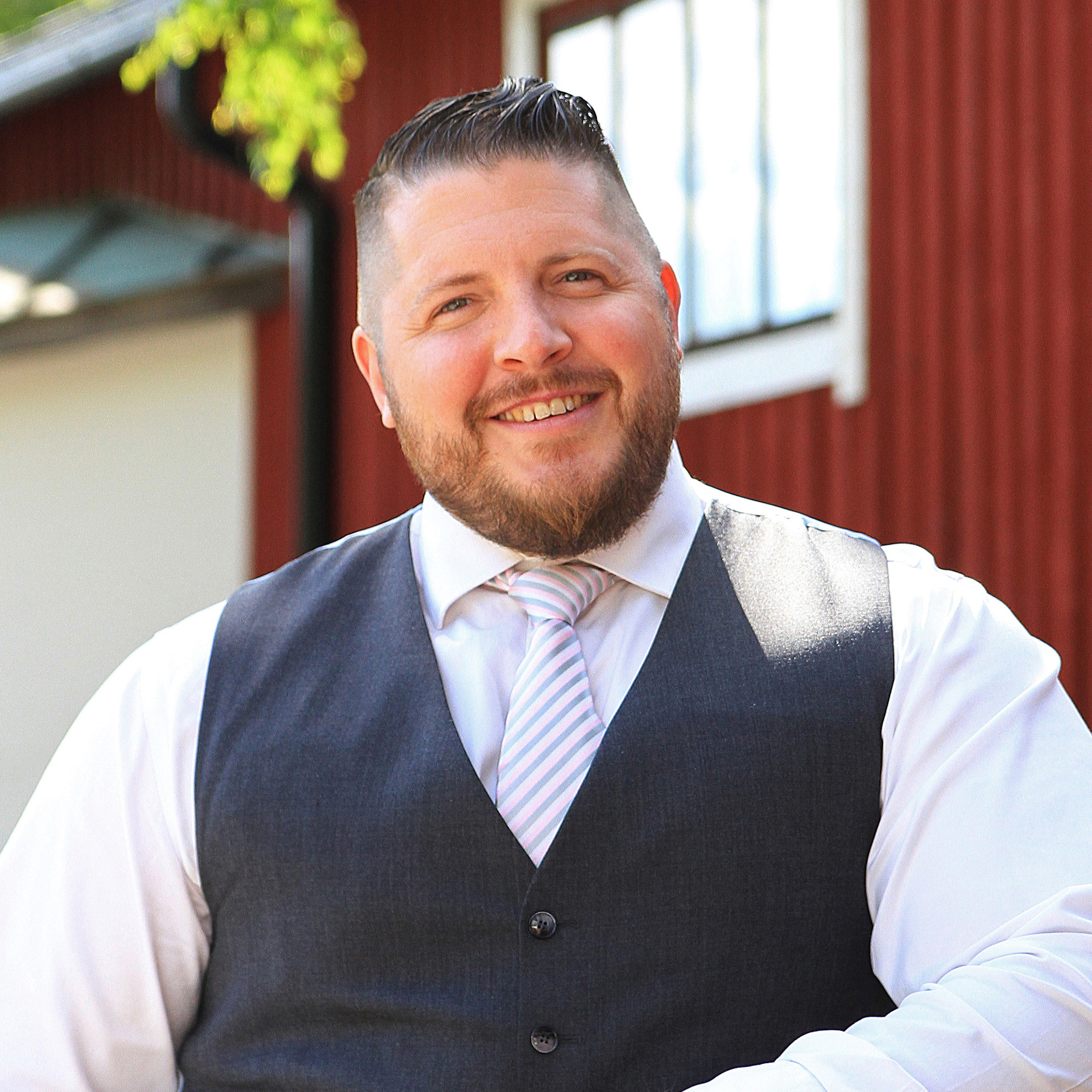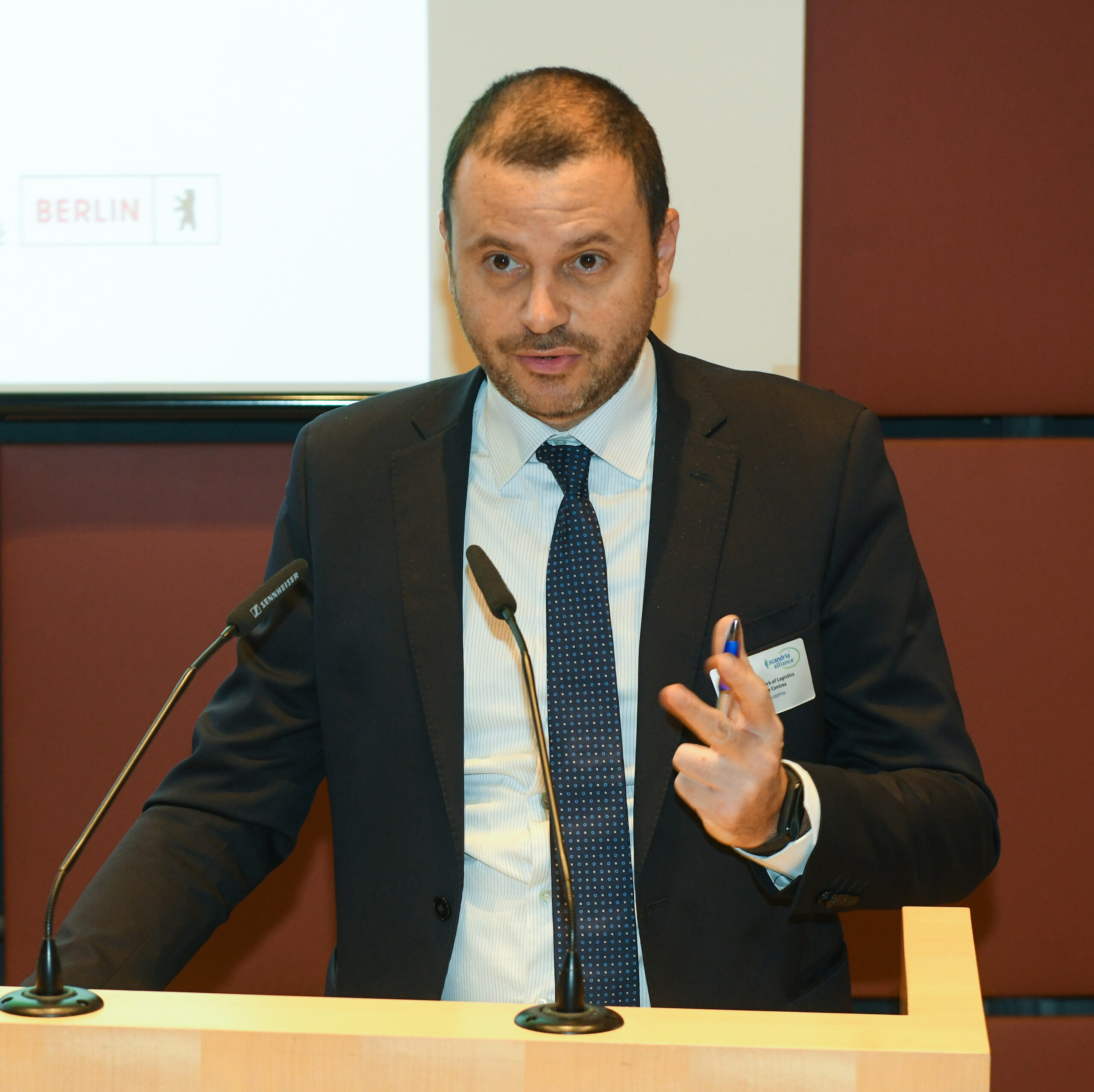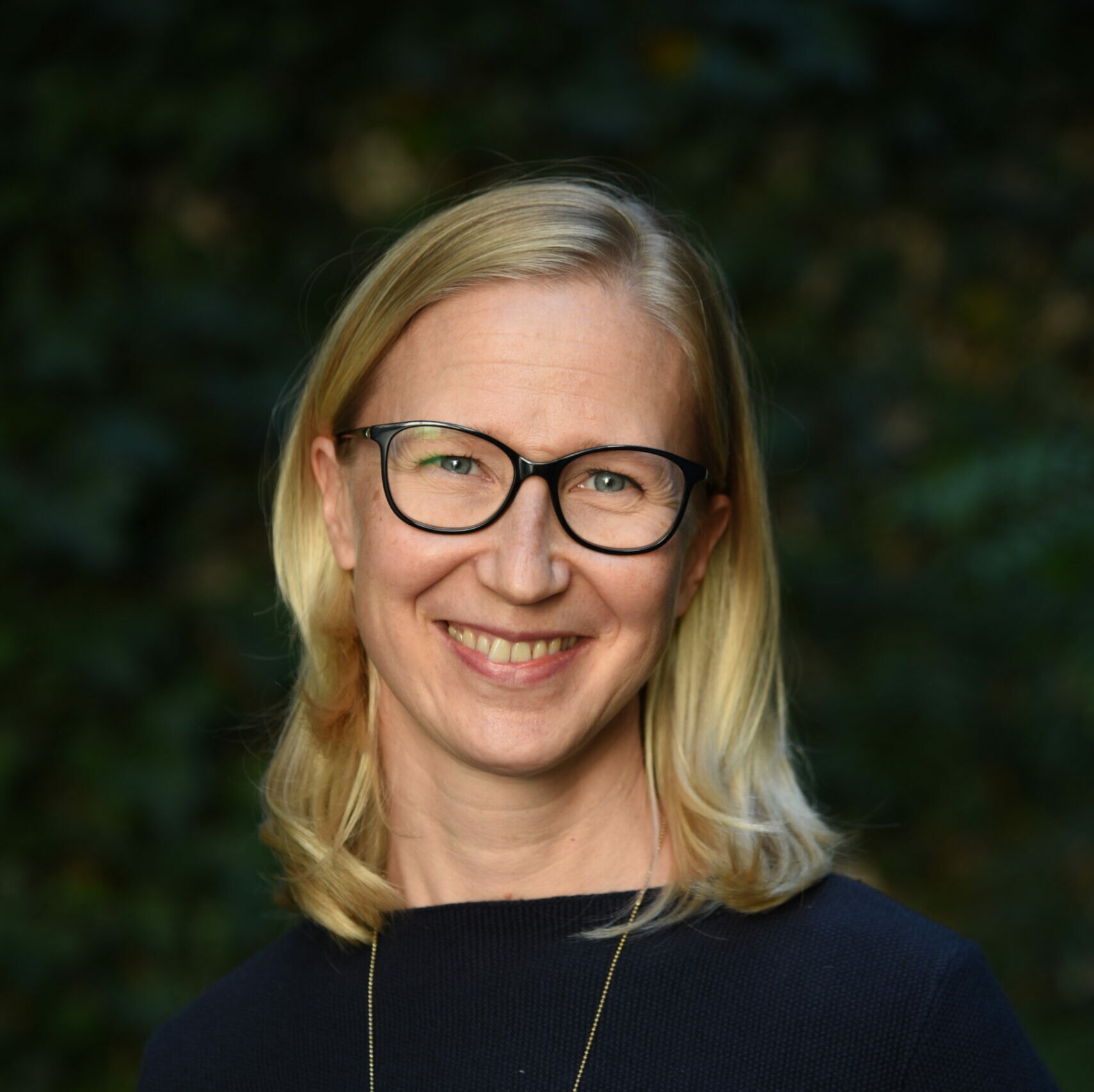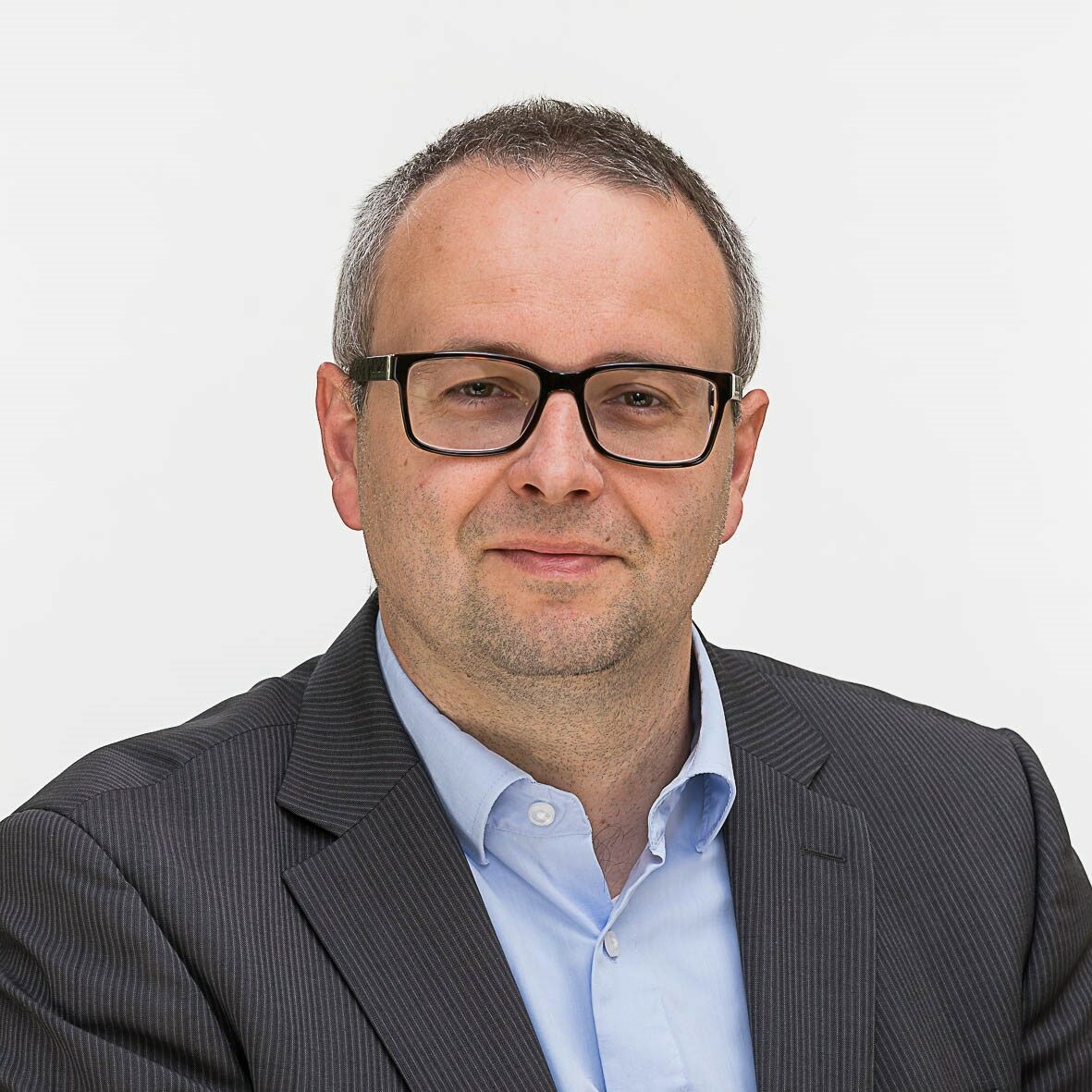Cities and regions along the Scandria®Corridor have cooperated with each other for more than 15 years. In 2019, leading political representatives of six cities and regions along the corridor concluded an agreement to establish the Scandria®Alliance. The Scandria®Alliance serves as an arena for cities and regions to collaborate on climate-smart multimodal transport connectivity at the interface to sustainable regional development. Our common vision is to connect regions, communities and economies through clean and smart transportation.
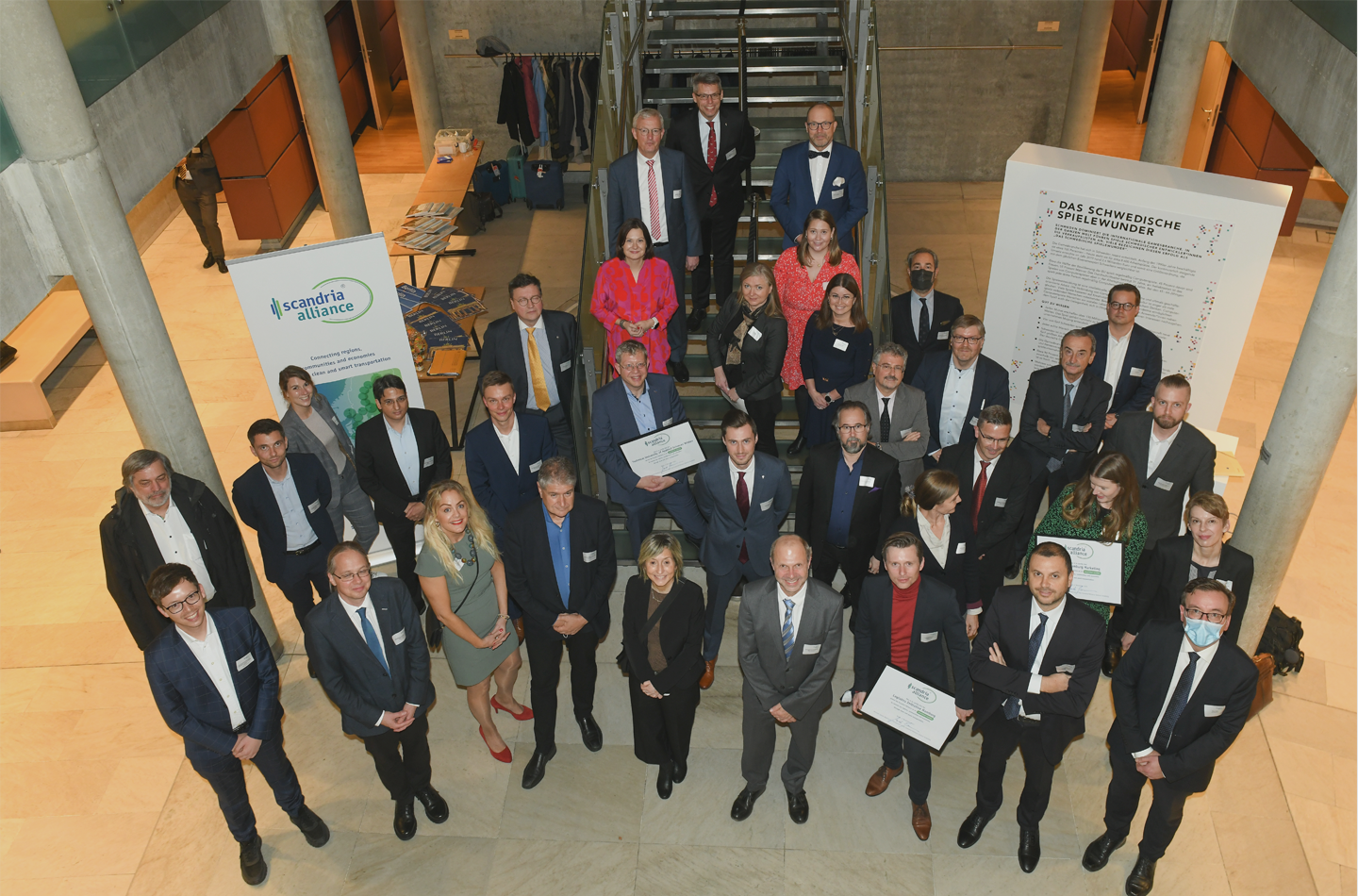
An arena for collaboration of cities and regions
Voices
Members
Our full members are cities and regions along the Scandria®Corridor. Altogether, they represent
more than 20 million inhabitants from Finland, Sweden, Norway, Germany and Italy.
Stakeholders such as infrastructure managers, chambers of commerce or transport and logistics
competence centres actively contribute to joint activities as associated members.
full members
Eastern Norway County Network (ENCN) is a cooperation body between four counties in the southeastern part of Norway: Oslo, Viken, Innlandet, and Vestfold og Telemark. Established in 1993 as a county network, from January 2020 ENCN operates on the basis of a formal cooperation agreement adopted by the four county/city councils.
The purpose of the cooperation, as defined by the agreement, is to contribute to the development of Eastern Norway as a sustainable and competitive region in Europe, with balanced development throughout the region.
Hamburg and the Ministry of Transport and Mobility Transition aim to improve urban, regional and cross-border mobility as well as logistics by promoting the mobility transition and the use of digitized, climate friendly modes of transportation. Being home to Europe’s third busiest port and second busiest railway station, Hamburg is a hub for national and international transport, especially as a connection from Scandinavia towards central and southern Europe.
The Helsinki-Uusimaa Regional Council is a joint regional authority for the Helsinki-Uusimaa Region in Finland. The Regional Council operates according to the principles of local self-government. Its members and funders are the 26 municipalities in the region. The tasks of the Helsinki-Uusimaa Regional Council include regional development, regional transport and land-use planning and the promotion of local and regional interests nationally and internationally.
The Joint Spatial Planning Department is in charge of the spatial planning policy and state development planning of both Berlin and Brandenburg.
Combining the characteristics of the capital Berlin with the structure of the large-area federal state of Brandenburg, the German Capital Region is characterised by very different areas that all have their own yet mutually complementary strengths and potentials.
As a European traffic hub at the intersection of three TEN-T core network corridors, the region aims to act as a link between East and West as well as North and South.
The Kvarken Council strives to promote and develop a strong and viable region with the help of cross-border cooperation. As a neutral cooperation platform, the Council serves all its members and actors in the Kvarken region.
The members of Kvarken Council EGTC are located in the area consisting of three Ostrobothnian counties in Finland and the county of Västerbotten and the municipality of Örnsköldsvik in Sweden. Together they form the Kvarken region.
The City of Turku’s ambitious goal is to become a climate-positive area from 2029 on. Climate policy is an integral part of our strategy and sustainable transport connections are crucial for achieving our goal.
The One-Hour-Train, a high-speed rail link between Turku and Helsinki, will be one of the most important pre-identified projects on the TEN-T corridor, connecting Finland to the European network.
associated members
BVL – Bundesvereinigung Logistik e.V. – The Supply Chain Network is an open network of people who are actively engaged in an efficient co-operation in the globalized economy. Its core objective is to convey the importance of supply chain management and logistics – as well as to promote their application and development. The BVL chapter Berlin-Brandenburg represents the members in this region and comprises of approximately 350 members.
CNA e.V. is the Think Tank for Mobility, Transportation and Logistics. As a non-profit organization, it organizes and manages the Bavarian Rail + Railway Technology Cluster as part of the Cluster Initiative of the Bavarian State Ministry of Economic Affairs, Regional Development and Energy and coordinates the Bavarian Logistics Initiative on behalf of the Bavarian State Ministry of Housing, Construction and Transport. CNA e.V. networks science, research, industry, municipalities, entrepreneurs and users in order to accelerate interdisciplinary inventions and innovations in the context of mobility!
The Logistics Initiative Hamburg (LIHH) is a public-private partnership of the Free and Hanseatic City of Hamburg and the LIHH e.V.. Its aim is to further expand the role of the Hamburg metropolitan region as the leading innovative logistics metropolis in Europe and to network logistics-related companies and institutions. Together with our partners, the LIHH is the first point of contact for companies, institutions and the public in the Hamburg metropolitan region for all questions relating to the logistics related economy. The network with its more than 500 members has been awarded the GOLD label „Cluster Management Excellence” by the EU.
Open ENLoCC, the European Network of Logistics Competence Centres, is an open network of regional logistics competence centres in the field of logistics. The main task of the network is the international exchange of experience and knowledge between its participants and the promotion of a higher level of cooperation with European institutions. The members of Open ENLoCC work together on common projects with the aim to develop the regional economy by solving infrastructural, organisational and technological problems of logistics and transport.
Hamburg is home to Germany’s largest port. Along with its members, Port of Hamburg Marketing (HHM) is active worldwide to further strengthen its market position. At a total of 12 locations, the Association has been campaigning with great success for 35 years for Hamburg as a port and logistics region. Experts in the market regions cultivate excellent contacts with numerous companies in trade and industry, the transport and logistics sector, trade associations and political decision-makers.
Since 2001, the TH Wildau has been one of the top research universities in Germany. More than 40 research groups work on current topics of applied and basic research. The TH Wildau has been part of the Scandinavian-Adriatic Corridor-family, since 2004, when it first participated as partners in the project ECO4LOG. Since then it had a nearly uninterrupted history, working as partners in projects such as INTERIM, SoNorA, Scandria and Scandria2Act.
Veneto represents an important hub for traffic directed towards the northern and eastern europe, thanks to the vital realities that make up the current fabric of the territory, the presence of numerous road/rail/waterway infrastructures and important logistic nodes (interports, airports, ports). Since the transport sector plays a key role in the economic system, Unioncamere del Veneto has established the Northeast Transport Infrastructure and Logistics Observatory (Northeast TRAIL) with the aim of monitoring traffic flows and infrastructural scenarios deriving from urban planning tools and economic planning.
Bodies
We have set up bodies to coordinate our activities at political as well as working level. These bodies are supported by the Scandria®Alliance Secretariat.
political level: general assembly
working level: coordination group



secretariat
